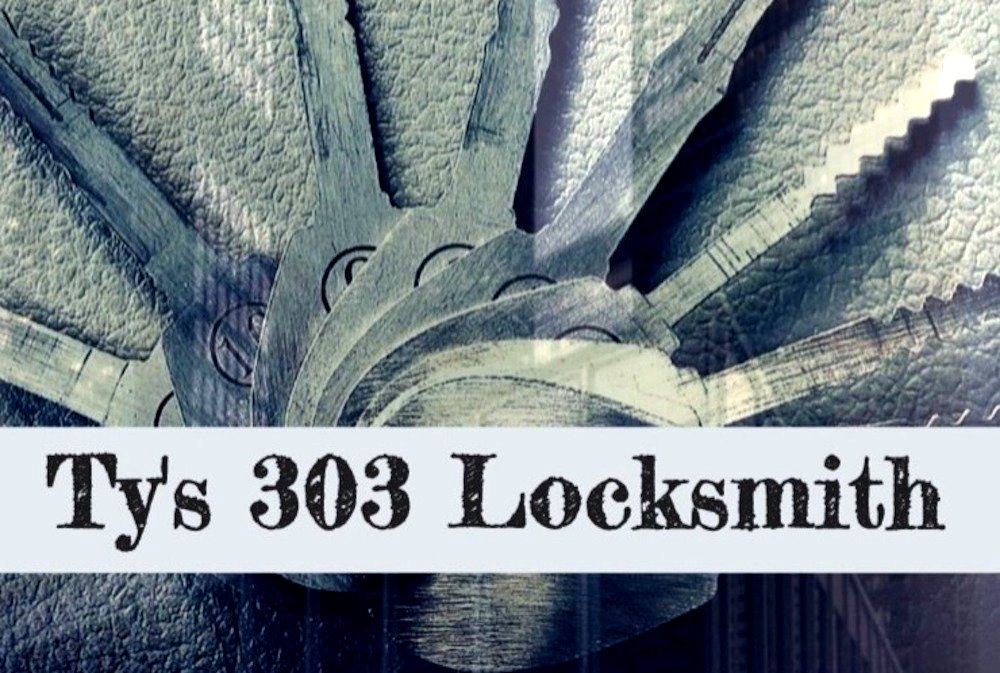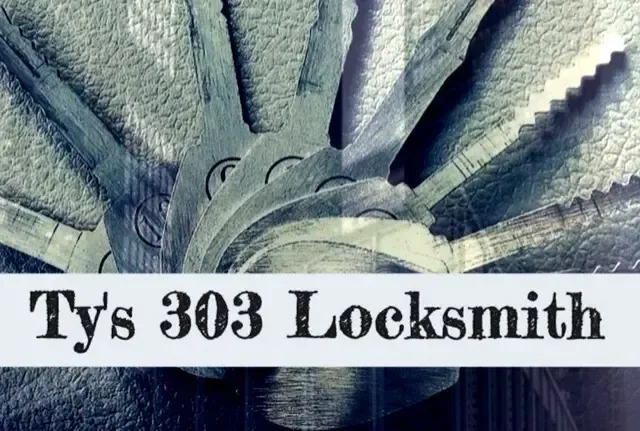How To Avoid Being Scammed by a Fake Locksmith
Tyler Smith • March 29, 2021
How can I avoid being scammed by a fake locksmith?

The truth is no one likes to be scammed and if it happens to you it will be an unpleasant memory you'll always remember. We don't want you
to have an experience like this, and in today's world the numbers of people that are being scammed by fake locksmiths are increasing. In the
following article, we've compiled the following list of ways scammers try to trip you up, followed by tips to keep you from being the victim of a
fake locksmith.
1. Scammers try to get your attention
with claiming they are local by using a local area codes and local addresses. This does not always
automatically mean they are legit. These numbers are very easy for scammers to acquire in an effort to take advantage of you in an emergency
lockout situation, for example.
SOLUTION: Ask QuestionsFollowing, are questions you need to ask before you hire any locksmith.
- Can they give you an estimate of their charge?
- Are they commissioned based or salary based? (Commission based locksmiths have the "opportunity" to upsell you on possibly unnecessary products or services)
- Can they get to you in a timely manner in both emergency and non emergency situations?
- What are their accepted forms of payment? (Cash only? Red flag)
- Can they give you a written invoice at service completion? It's important that you have documentation in the event that you need to ask for a refund, repair, or replacement on services they provided. A paid invoice also serves as documentation that you paid for your service in full. An invoice also gives you contact details for the locksmith company in case you need to reach them again.
- Do they offer a guarantee on their services?
- Do they offer a guarantee on parts?
- Do they offer a wide variety of services or just a few? (legitimate locksmiths will be trained and skilled to serve many locksmith needs, from lock repair, lock replacement, lock installation to car lockouts, home lockouts or the opening of a mailbox or a safe.
- Ask for their license number or inquire about their training and any training certificates that are relevan
2. Be suspicious of generic aliases like AA Locksmith or an All American locksmith. Scammers will often operate under several different
names (including the names used in coupon ads) to avoid taking responsibility for their actions.
SOLUTION: Ask QuestionsIf you must call them, we always recommend having a few questions handy. A scammer will not be able to answer all these questions with confidence. If you only have a few minutes, we recommend the following questions as the most important:
- What is your license number?
- Can you provide a guarantee and an invoice?
- Are your employees commission or salary based?
3. Be suspicious of a partial quote, or a locksmith who cannot tell you what the price may be.SOLUTION: Demand total price. If you cannot get a clear answer regarding the estimate of any type of locksmith work, call the next locksmith on your list. Though there are few types of locksmith services that cannot be priced over the phone, it is not the case for the most common ones. Following, is a list that includes, but is not limited to, all the types of services that should be fully priced before getting someone to come out:
- Car Lockout (Any Vehicle)
- House Lockout
- Car Key (Any Vehicle)
- House Key
- Lock Re-Key
When the technician arrives, ask them again what the price will be. Then, on job completion, if the locksmith changes their price unreasonably, tell them NO. If they try aggressively to charge a service call, do not consent. You are not legally obligated to pay them. Once they leave make sure to report them to the and if you have the time, do your part by warning other consumers by posting reviews online.4. BBB (Better Business Bureau). Though there are many legitimate companies on the BBB, it does not guarantee that the business is legitimate. To be listed on the BBB only requires the willingness to pay and NOT to have a good reputation or reputable business.5. No Reviews. While we understand that all small businesses have to start somewhere, we recommend going with a business that has at least some reviews.6. Multiple aliases. Many large scam companies will use several names for their business to avoid taking responsibility- especially when it comes to avoiding bad reviews. Ads, listings etc.. will be placed under different names though owned by the same disreputable locksmith company. If you do call a number that you got from a coupon or online ad, be sure to ask the person operating the phone what the name of their company is. If the names do not match, don't use that company.

